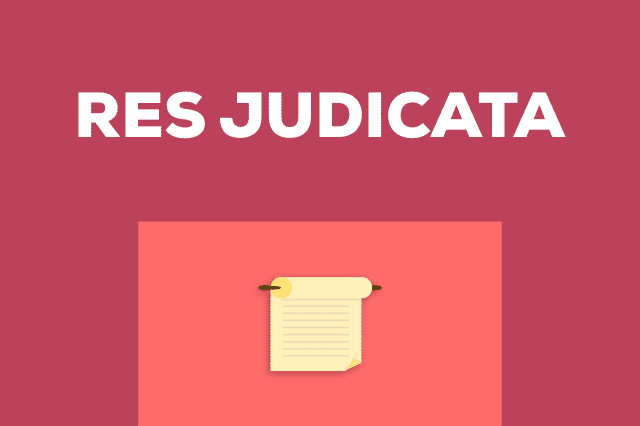Artificial intelligence (AI) and generative AI are transforming the way we work, learn, and create. Through the automation of tedious tasks and the development of creative solutions, these technology breakthroughs are empowering legal professionals across a wide range of industries …
Section 11 of the Civil Procedure Code of 1908 represents the principle of res-judicata, commonly referred to as the norm of conclusiveness of judgment, with respect to previously decided matters of fact, law, or law and fact, as well as …
The Supreme Court overturned the life sentences of eleven convicted people who had been charged with many killings, including gang rapes, the 2002 Gujarat riots, and the murder of Bilkis Bano, in a much-awaited decision that was issued early on …
It is unknown if the Indian Evidence Act defines or uses the term “confession,” yet confession is covered by Section 17 of the Act’s rationale under the idea of admission. Any oral or written statement submitted for the purpose of …
The Indian Contract Act of 1872 provides the fundamental framework for legally binding agreements in India. It still controls how contracts are made and then carried out in the country and was passed during the British colonial era. One of …
Any existing law that is in conflict with fundamental rights does not instantly become invalid under Indian law. We call it the doctrine of eclipse. The contentious law might become enforceable if the Indian Constitution of 1950 is suitably changed …
Only just a few weeks before the Lok Sabha elections, the Modi government passed the citizenship amendment act (CAA), a move that has generated excitement as well as dread across the country. Due to the political importance of this decision, …
A law admission exam called the Common-Law Admission Test (CLAT) is conducted all over India. If students qualify for this examination, they will be eligible to apply to several law schools. The General Knowledge section of the CLAT is quite significant. Those …
The Indian Constitution’s Article 21 states that rape violates the victim’s fundamental rights. It is the most morally and physically abhorrent crime in society because it violates the victim’s right to privacy and to a private body and mind. A …









